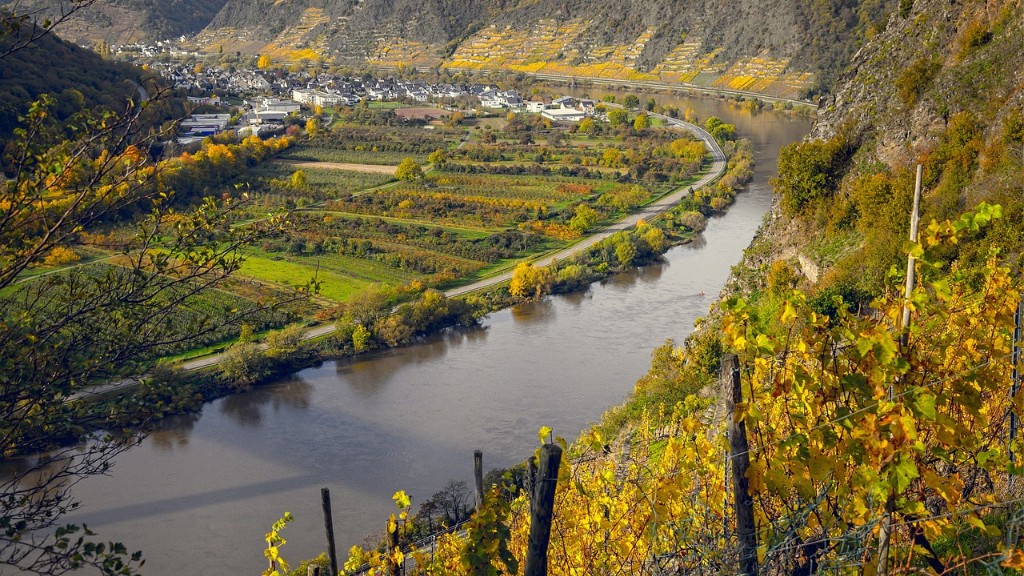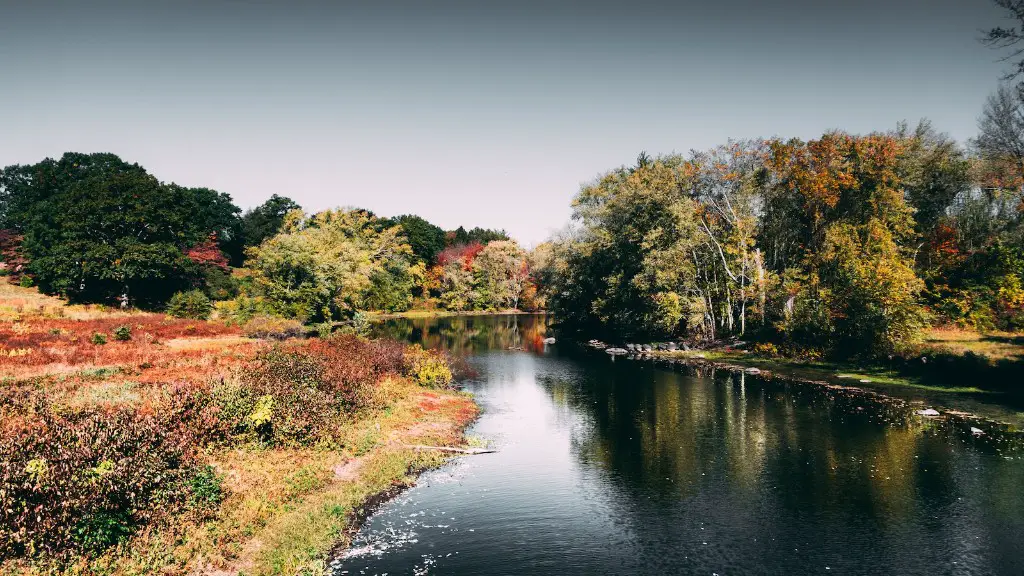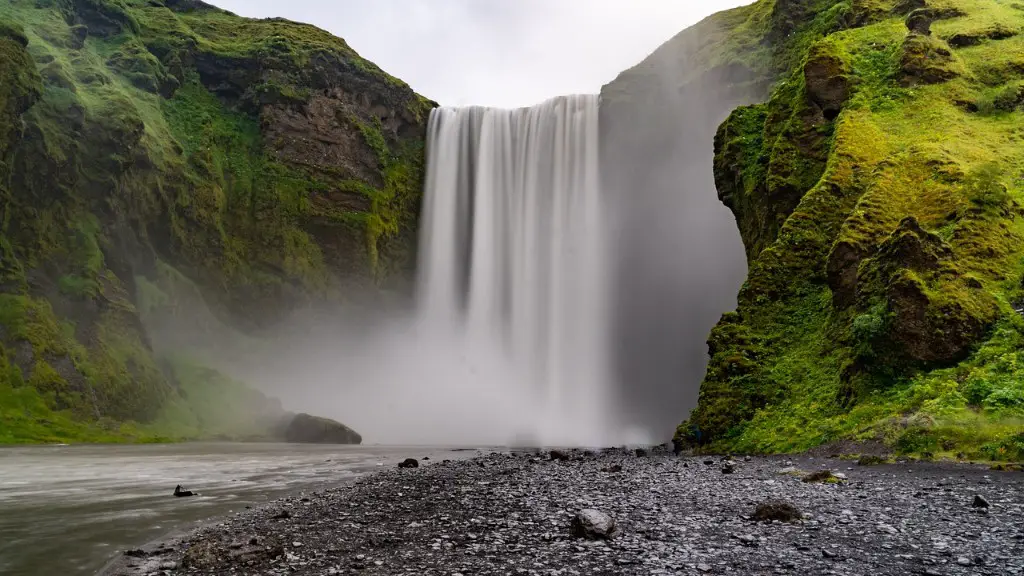The Mississippi River is one of the world’s most storied waterways. Stretching from its origin in northern Minnesota to the Gulf of Mexico, it rolls past some of the most historically significant places in America.
This majestic river has been an economic engine for much of the continent since long before European settlers arrived. To Native Americans, it was a reliable transportation corridor and source of fish, providing sustenance and trading partnerships across large stretches of the continent. The Mississippi River is even part of the American family; it supplied much of the drinking water for early American settlers and played a crucial role in the fur trade.
Today, the Mississippi River is a vast resource and an integral part of life in the Great Lakes region and the Mississippi Delta. It is an economically significant contributor to the region by way of commerce, recreation and tourism, with many industries capitalizing on the resources provided by the river. It is no wonder, then, that the Mississippi River is often called “the nation’s most valuable waterway.”
At the heart of the Mississippi River is its value as an environmental resource. The basin’s wetlands, forests and shallow waters are home to hundreds of bird, fish and mammal species and support robust aquatic and riparian ecosystems.
The aquatic industry further benefits from the Mississippi River. The transport of goods and people up and down the river has been an integral part of the economic growth of the region for generations. In recent years, it has also become a hotspot for recreational activities like fishing, boating and tubing. From a national perspective, the Mississippi River is one of the most important transportation routes in the U.S., transporting billions of tons of cargo each year.
The Mississippi River is under constant pressure from both natural and man-made changes to the river, including climate change, agriculture, urbanization and pollution. Scientists, conservationists and local governments have advocated for years to protect the river’s ecosystem, health and economics. The need for river conservation is perhaps greater now than ever before.
The preservation of the Mississippi River is an investment in communities and industries alike. Balanced with the need to develop and innovate, the best way to invest in the future of the Mississippi River is to properly manage its resources for its current and future sustainability.
Impact on Local Communities
The Mississippi River is more than just an economic driver for communities along its banks—it is a source of pride and identity for many in the region. The Mississippian culture, which developed nearly 4,000 years ago and reached its peak from 600-1600 CE, has left a lasting legacy in the region. This legacy is well-preserved today through hundreds of potential archaeological sites, monuments, and artifacts.
The Mississippi River also has deep cultural significance as a unifying force that transcends borders. Though it is often referred to as “America’s river,” its power is shared among its many Canadian travelers, who journey up and down the river yearly for business and leisure. The diverse cultures that live along its banks also affect the flavor of life along the Mississippi, with regional cuisines and diversified forms of entertainment.
The Mississippi River is a life-sustaining asset to the states’ citizens, supplying 24 million people with drinking water and impacting the lives of millions of others. The river is central to countless livelihoods, and its waters are home to countless species of animals and plants, providing recreation and food sources. The river is also a highway, opening up opportunities for trade, commerce and transportation.
Many of the cities and towns located along the Mississippi’s banks draw their lifeblood from this river. It serves as a major source of tourism and recreational activity, attracting hundreds of thousands of visitors each year. From dredging and navigation to power transmission and industrial use, the list of its uses goes on and on. It is truly a priceless resource.
Economic Impact
The economic impact of the Mississippi River is felt across the country. Annual shipping and passenger traffic on the waterway sustains thousands of jobs and billions of dollars in economic activity. It provides additional jobs through its related ports, terminals, and related activities.
The Mississippi River Basin supports transportation, energy, and agricultural economies that generate about $265 billion in GDP each year. This makes it second only to the Great Lakes in terms of economic significance. It is estimated that the Mississippi River Basin supports almost 25 million full and part-time jobs.
We can further measure the Mississippi River’s value by looking at its contribution to global shipping and trade. The Mississippi River serves as an essential waterway for both international and intra-regional trade, making it a major part of the global trade highway.
Tourism, too, is a major contributor to the economic vitality of the Mississippi. From historic sites and museums to the music and culture of the region, visitors come from all over the world to experience this iconic river. In addition, recreational activities on the river draw hundreds of thousands of people seeking adventure and relaxation on the water.
The Mississippi River has been and continues to be an invaluable resource to all who live in or near the river system. It provides countless social, cultural, and economic benefits and should be safeguarded for future generations.
Negative Impact
Though the Mississippi River is an incredible resource, its long history of industrial use, agricultural runoff, and polluted water has caused serious damage. Unfortunately, the river has seen a steady decline in natural resources and recreational access due to man-made pollutants, leading to substantial negative impacts on the environment and local communities.
Pollution from industrial and agricultural sources has resulted in fish kills, nutrient-rich runoff, and the depletion of oxygen, making it difficult for certain species to survive. Overfishing and overhunting have further exacerbated these issues as well as the depletion of habitats for native species like turtles and mussels.
Human activities have also altered the flow and shape of the river, leading to increased sedimentation, channel shifts, and levee construction. These changes have resulted in significant habitat loss, flooding, and other destructive impacts along the Mississippi.
The regulatory drinking water standards in the Mississippi Basin have also been violated due to contaminated drinking water sources. The Environmental Protection Agency (EPA) has cited the region for high levels of nitrates, bacteria, and other pollutants in treated water sources. Poor wastewater management has further contributed to water quality degradation, including areas downstream in the Mississippi Delta.
The impacts of human activity on the Mississippi River have had devastating effects on its fish and wildlife, water quality, recreational access, and overall river system health. Although laws and regulations have been implemented to mitigate these impacts, their effectiveness is still fairly limited.
Conservation
Given the large economic, cultural, and conservation value of the Mississippi River, its protection has become a priority for many organizations. There is an urgent need to address aquatic habitat degradation and other negative impacts of contaminated water and sediment from upstream.
Various government agencies, environmental groups, and institutes are currently working to restore and protect the river’s ecosystems, watersheds, and habitats. Among these initiatives are the Mississippi River Restoration Program and the Mississippi River Task Force, which both strive to reduce water pollution and restore aquatic habitat. The U.S. Department of the Interior also focuses on preserving and managing the lands and rivers around the river basin.
Efforts to conserve the Mississippi River have also been supported by the private sector. Companies such as The Nature Conservancy, World Wildlife Fund, and St. Croix River Association are actively working to protect the river. Private industries have implemented sustainable practices to reduce their environmental impact, such as the use of alternative fuels and green energy sources.
Conservation initiatives to protect the Mississippi River are crucial for the long-term preservation and sustainability of this global asset. Without careful stewardship and a commitment to ensure the river’s health, countless communities, industries, and species will suffer significantly.
Conclusion
The Mississippi River is an invaluable resource, both ecologically and economically. It has been so recognized throughout history, and its importance to the people who rely on its resources, from fishermen to cities downriver from its source, is well-documented. It is a source of regional pride, and its environmental and economic value is immense.
However, the river has taken a beating in recent years due to pollution, overfishing, and overhunting. As a result, conservation efforts to preserve and protect the river have become increasingly important, and governments and organizations are working hard to ensure its sustainability and health for generations to come.





